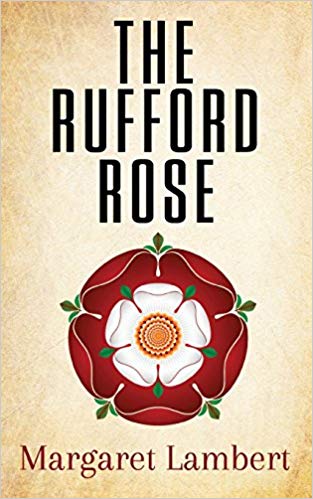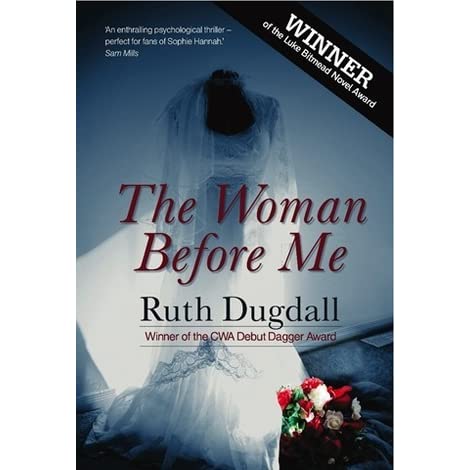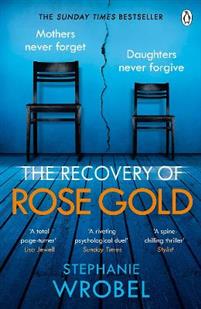
Sometimes, a change of reading pace is precisely what’s needed.
September is bringing changes for me: two children off to school now and only my littlest lady home to kick through the leaves with me and insist that she needs my attention NOW. What better time to embrace a different, more autumnal read than the my usual thrillers? In ‘The Rufford Rose’ Margaret Lambert has created a gentle tale of the building of a great house, interspersed with the young adulthood of a good-hearted woodcarver.
What’s it about?
In 1530 Cuthbert Watts, a gifted young woodcarver, finds himself sent to Rufford to assist in the building of a new great house. The Master builder, Abel, resents Cuthbert’s presence, but not as much as Will, Abel’s lazy apprentice, does.
Soon Cuthbert is rightly wary of both men (death could be easy to find on a building site!) but he continues to try his best and is soon making friends and getting to know a lovely local girl.
Will the great hall get built or will catastrophe befall it? Will Cuthbert survive and prosper or will his enemies defeat him?
What’s it like?
An enjoyable tale of building, bonding and bringing together a community. This is the kind of story where you feel relatively safe while you read – nothing too disastrous is likely to befall the main characters – but there’s enough happening to keep you interested in the plot.
After some revelations two thirds of the way through, Will becomes more dangerous and Abel becomes a more interesting character, but what I really liked about this story was the quietly implied background: a world where a slaughtered pig can see you through the winter and a young man has to set out to make something of himself.
There are a couple of glancing references to historical events, which were nicely done. Rumours that Henry VIII wants a new wife are greeted with general indifference from the toiling class:
‘What’s that got to do with us?’
‘Not absolutely sure. Summat to do with the Pope, I hear.’ …
Cuthbert stared after him. New wife? What was wrong with the old one and why should it affect them here. Why should anything the king did affect them? They were just an Abbey…It was a mystery.
Final thoughts
This is a gentle tale of wood carving, house building and community living in the sixteenth century. I enjoyed reading it and was interested to learn that Rufford Hall is a real place and the history behind its construction genuine. (That explains the opening chapters of the book, which focuses on three horrid sisters who become so redundant that I couldn’t comprehend why they were introduced at all.)
It’s not helpful that the blurb gives away most of the story and another proofread would have been useful to clarify a few pieces of punctuation, and one incorrectly named character, but ‘The Rufford Rose’ is a nice opportunity to immerse yourself in life in a very different century.


